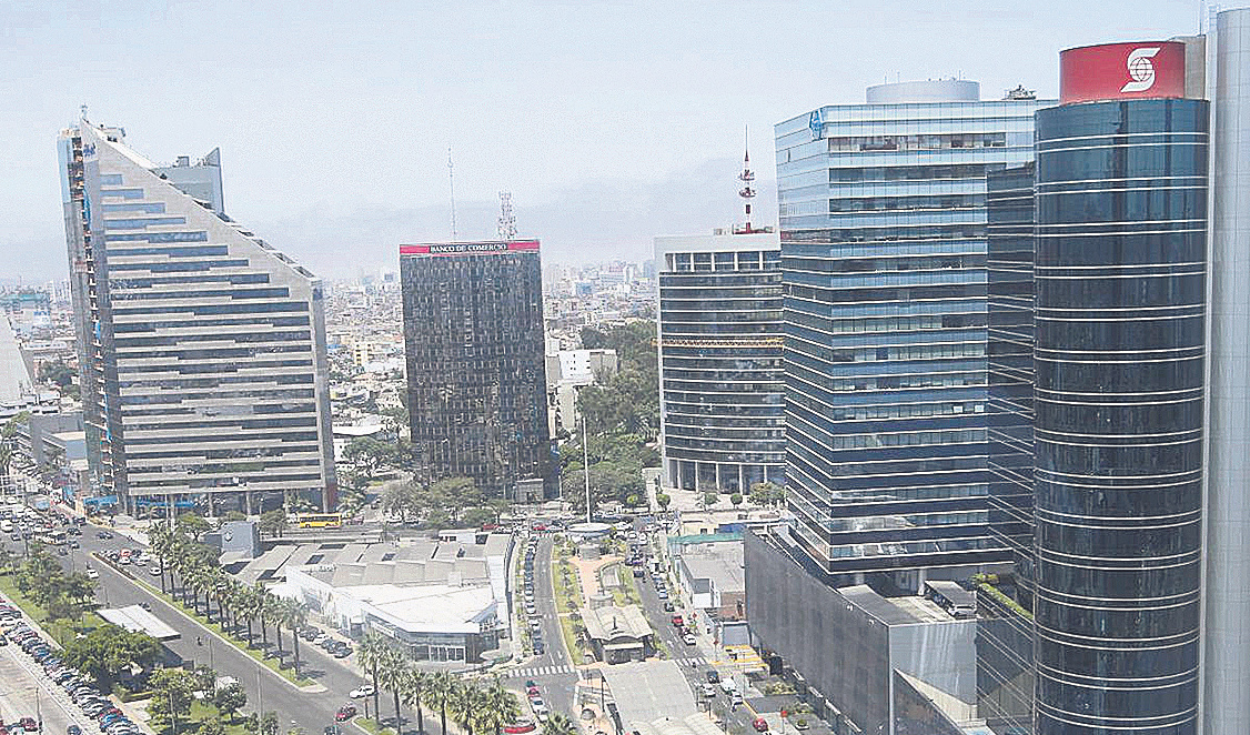
Thanks to Congress, the State will have to pay more interest to companies when refunds are made for excessive or improper tax payments and for withholdings or non-applied collections of VAT and updating of fines.
In good faith: currently a default rate of 0.9% (TIM) is applied when a taxpayer adheres to the criteria of Sunat; but when it is not contemplated in it, The rate is 0.42% multiplied by a factor of 1.20 because the SBS determines that the interest rate cannot be lower than the average market passive rate for operations in national currency.
Thus, the opinion – drafted within the Fujimori Legislature – equates both rates at 0.9%. It was approved by majority and by insistence after having received the observation of the Government of Dina Boluarte.
“Fair rules are sought regarding interests. Equal treatment should always be sought for taxpayers (…) regardless of whether it was as a result of a Sunat document or another reason,” explained César Revilla, president of the Congressional Economic Commission.
He also assured that if the ratios were not balanced, Sunat “would be incurring an action to the detriment of the taxpayer.”
The orange congressman added that the new interest rates will catapult economic activity since “the need for investment capital prevails” in an adverse scenario for the Peruvian market, despite the fact that four years have passed since the arrival of the pandemic.
Double-edged sword and private interests
The Executive Branch questions the decision of Congress, and warns that the income of the Public Treasury will be affected and the interest to be returned will double, placing it now at S/280 million annually, since improper or excessive payments attributable to faults are incentivized and rewarded. or failures of the taxpayers themselves.
Furthermore, they allege that Congress’ calculations “do not consider the potential use that bad taxpayers could make” by making their excess payments profitable, since the annual TIM rate is 9.8%, “much higher” than the average passive rate that It is observed in the financial system in savings (0.12%) and three-month deposits (7.62%).
Luis Arias Minayaformer head of the Sunat, maintains that the Congress of the Republic and the constitutional Court They play against the wall and do not hesitate to move these incentives that unbalance the work carried out by the tax administration for its taxpayers.
He considers that the rates in question should not be matched because rates of that nature do not coexist in the market. For example, when one makes a deposit or pays something, it is governed by active and passive rates. “Large debtors like Telefónica will benefit that, if they are right, they will have an excellent investment,” he summarized.
How do returns come?
It should be added that until October, Sunat made tax refunds for S/20,436 million, 10.8% less than last year (S/25,625 million). Refunds represent only 6.6% of the tax credits given to companies within the current regulatory framework.
The recently approved bill recalls that the amounts for excessive or improper payments were S/3.1 billion in recent years, and cover 0.4% of GDP.
The word
Luis Arias Minaya, former head of Sunat
“Telefónica or a large company that pays under protest will benefit if they are proven right and would make excellent ‘investments’ by charging amounts that they would not earn in the market. Congress and TC play against a wall.”
The data
Results. The opinion did not require much debate in the plenary session, and after a few minutes, it had 79 votes in favor, 28 against and 9 abstentions.
Source: Larepublica
Alia is a professional author and journalist, working at 247 news agency. She writes on various topics from economy news to general interest pieces, providing readers with relevant and informative content. With years of experience, she brings a unique perspective and in-depth analysis to her work.












